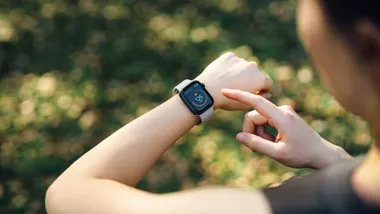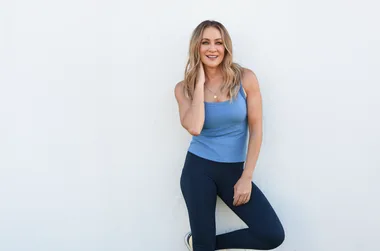If you suffer from nightmares the problem could lie with when you hit the hay, after scientists find that night owls have a greater chance of experiencing nightmares.
A preliminary study suggests that night owls, people who go to sleep later, are more prone to bad dreams, but the reason for this remains unclear with scientists agreeing that more research is required, Scientific American magazine reported.
“It’s a very interesting preliminary study, and we desperately need more research in this area,” Director of the Sleep, Stress and Memory Lab at the University of Notre Dame, Jessica Payne said.
There are a couple of theories as to why night owls experience nightmares. The director of the Sleep Lab at Swansea University, Mark Blagrove says that evening types are slightly more likely to recall their dreams overall which could explain the findings.
He also noted that night owls who go to be late at night but wake at the same time as early birds are more likely to experience a sleep deficit which they make up for on the weekends through recovery sleep. During extended periods of sleep they may experience more REM sleep which includes a rapid eye movement, increased brain activity and vivid dreaming.
Previous studies have found that an estimated 80 percent of adults experience at least one nightmare a year and five percent suffer from disturbing dreams more than once a month.
Led by scientist Yavuz Selvi at the Yuzuncu Yil University in Van, Turkey, a group of researchers used the Van Dream Anxiety Scale, a measure of dream anxiety in nightmare sufferers, where participants measured the frequency of experiencing nightmares on a scale from zero to four.
On average, those who described themselves as evening types had a score of 2.10, whereas their morning-type equivalents averaged 1.23 on the scale, showing a significant difference.
This study follows from a larger online study of 4000 people, by director of the Dream and Nightmare Laboratory at the Sacre-Coeur Hospital in Montreal, Tore Nielsen, which found an association between night owls and nightmares in women in their twenties.
“I was pleased to see that they replicated the association between being an evening person and having nightmares,” he said.
Nielsen agreed that more research needed to be done into the connection and pointed out that gender may also play a part.
“Men and women have very different emotional systems, and I think we’re seeing a different expression of that difference in nightmares,” he said.
For now, experts seem to be intrigued by the idea that a person’s daily body cycle might be linked to nightmares.
Your say: Do you tend to agree with the study? Share your thoughts below.










